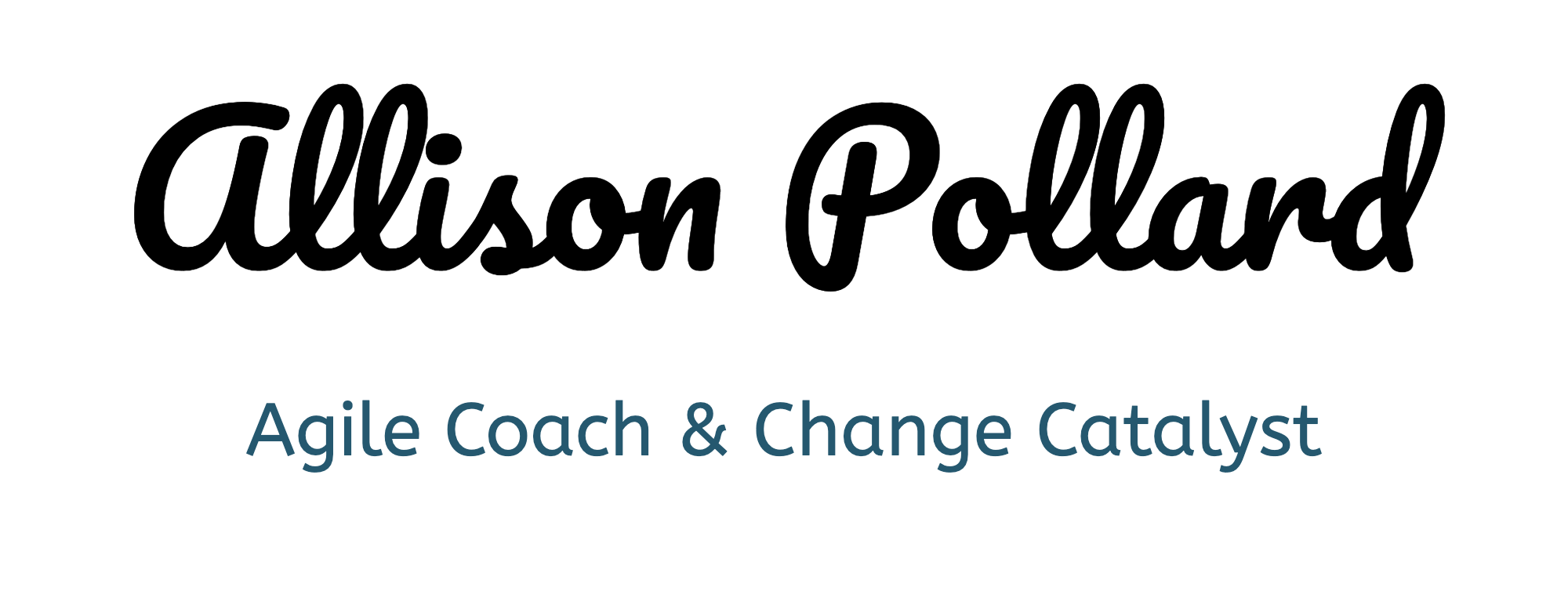Coaches Say the Darndest Things
It goes without saying that I love coaching. I am involved in user groups, I attend conferences and camps regularly, and I deepened my skills through intentional practice by becoming a Certified Professional Co-Active Coaches.
There's an energy that is created when coaches come together and share ideas. A buzz, a liveliness. It's exciting and reinvigorating!
I've been fortunate to work with some incredibly talented coaches, and I had a big realization a few months ago: we coaches talk funny. We have our own language. And it can be alienating to those around us.
Working with a pragmatic technical coach, an integral agile wizard, and a Deming-influenced management consultant at a client organization was an exciting and a rich learning opportunity for me. If you listened in on our conversations, you would hear things like:
"How do we design alliances with the teams we are coaching?"
"What's going on from the IT perspective? WE perspective?"
"How do we encourage teams to enhance testing within the sprint to improve quality?"
"What would a statistical quality control implementation look like here?"
Conversations were lively, future-focused, and included constructive disagreements. And then I realized that one person was often quiet: the internal coach we were mentoring. The language we were using was full of jargon and difficult for him to understand at times. And he didn't always feel comfortable asking us to slow down and explain.
Someone we wanted to support very much was being left out.
Reflecting on this, I realized that the coaches I admired the most used words to connect to others. They understood ideas well enough to translate them into natural language. As we learn new concepts, we often get hung up on the terminology and use it often to integrate the learning for ourselves. Once integrated, it's easier for us to ask, "How would help us work together effectively?" and "What practices are supporting us? How is culture helping or hurting?"
Let's be aware of the language we're using and the impact it's having on those around us. A wise coach once told me, "I'm ok with changing the words to help someone else get onboard with an idea. I'm already sold on the idea myself, so it doesn't change it for me."

